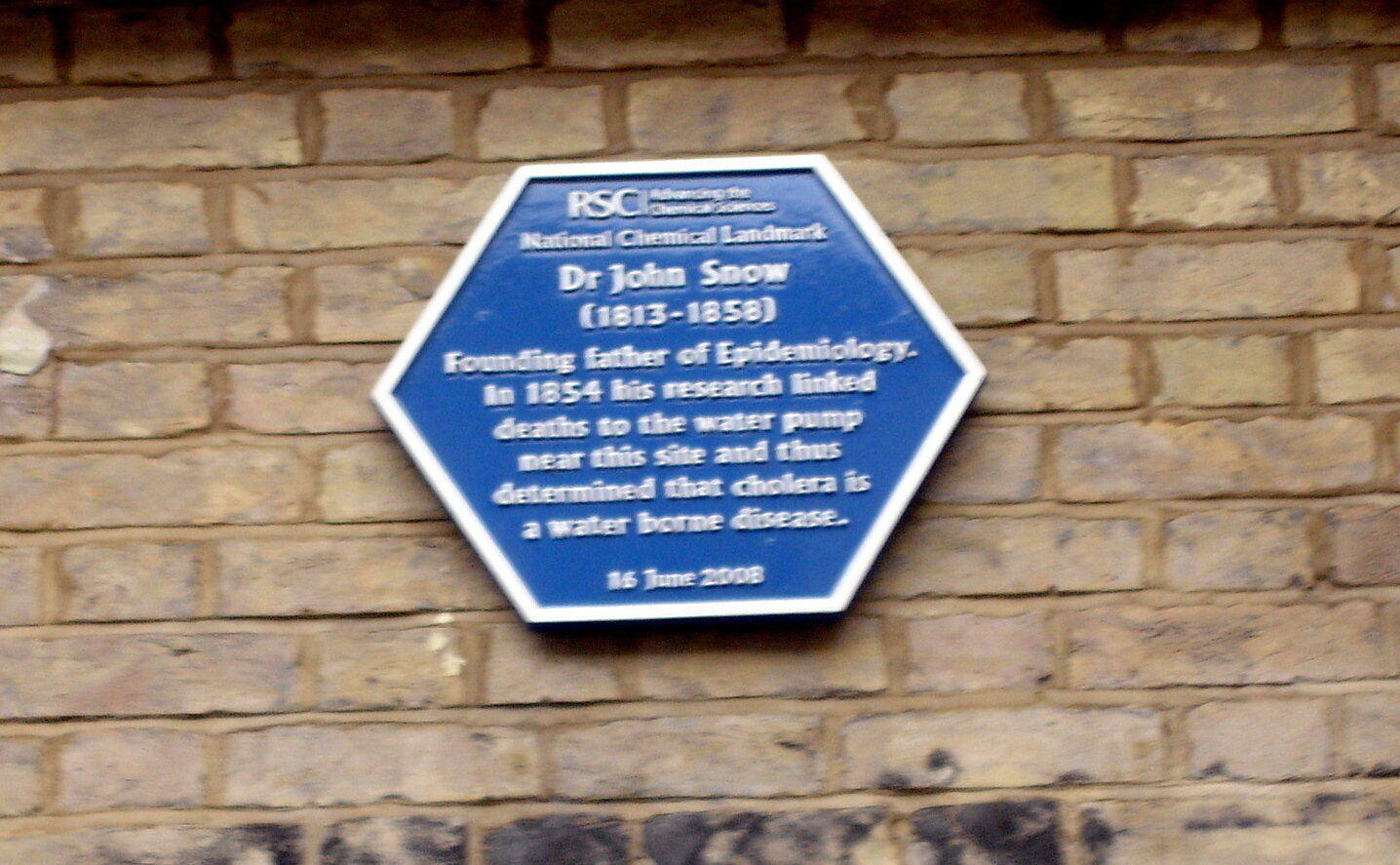The Nuisance Expert

In the ages when physicians' powers to cure was relatively limited, the healer's primary role was often not to fix people, but to gather information about them. The epidemiologist is therefore an ideal concept to serve as a healer character in medieval fantasy.
Dr. Eric Lis is a physician, gamer, and author of the Skirmisher Publishing LLC sourcebook, Insults & Injuries.
Through much of history, the art and science of healing was rudimentary at best. In the ages when physicians' powers to cure was relatively limited, the healer's primary role was often not to fix people, but to gather information about them. When you read medical texts from the medieval era or before, the remedies they describe don't usually hold up to modern scrutiny, but the information about illness and physiology often does. In modern times, the science of gathering knowledge about how diseases work and spread in the a population is called "epidemiology," and although it's generally credited as starting with a doctor named John Snow in the 1850's, in some respects it's actually one of the oldest branches of medicine. The epidemiologist is therefore an ideal concept to serve as the core concept of a healer character in medieval fantasy, which naturally begs the question: what do we know about epidemiologists from before the Industrial Era?
Historically, the UK had a bureaucratic position that was a sort of a cross between an epidemiologist and a consulting detective, known as the "Inspector of Nuisances." The first official Inspector, Thomas Fresh, was appointed in 1844, well after the period that most of our games are set, but it's a concept (and a title) that dates back to medieval England in one form or another. In the medieval era, it was an office which operated under what passed for the judicial system of the time, meaning it was usually overseen by a lord or baron and exercised power over the tenants on that lord's land. The Inspector was responsible for dealing with obstructions of highways (and, as such, banditry), polluted wells, tainted food, smoke, noise, eavesdropping and spying by citizens, and lewd behaviour. Obviously, the Inspector's duties were not specific to environmental health, but they included the mandate of public health by covering air, water, and food safety, to the extent that such things were understood at the time. In many respects, it's quite telling that the authorities of the day included such things with other powers that were essentially tantamount to being a police detective; it tells us that the powers of the time equated water safety with stopping murder, although it also tells us that the same people were responsible for monitoring for profanity and noise complaints. Arguably, classifying all of these problems under a public health heading was remarkably modern thinking, but at the time it likely resulted in a number of officials with limited powers of enforcement running around trying to solve every problem in their jurisdiction at once.
In more modern times, the job became more focused on public health and environmental safety and sanitation more specifically, but since the position predates the modern understanding of disease, the Inspector's duties always included investigating all manner of ill behaviour and unfortunate conditions, of which there was plenty to investigate in 1800's England when tens of thousands of people still lived in lightless, unventilated cellars and drank what amounted to their own sewage.
The position of Inspector wasn't prestigious or powerful. Records from the 1800's suggest that the position required an obscene amount of work, and paid abysmally. We can easily see the exact same job description for every hard-boiled private eye in literary history.
What we can see from all this is that the Inspector of Nuisances really was more of a detective or investigator than a healer, but was a detective whose primary role was investigating what made people sick, or perhaps more precisely, what kept them unwell. Understanding what kept them poor was considered an essential part of that. As Parkinson writes in his description of the Inspector, the early people to fill the role probably weren't scholars or scientists, but rather people with investigative abilities and people skills who learned on the job, followed up leads, and acted as liaisons between their scientist colleagues and the police. The Inspector of Nuisances, after all, had roles that overlapped with both of the more specialized fields.
This could make for a really interesting combination of roles in a medieval fantasy campaign. The Inspector of Nuisances would be an ideal concept for a bard or ranger, who can combine healing magic, divination magic, and investigative skills. Such a character might have a charter from a local government, like the Thomas Fresh and other British officials, or might simply be a concerned citizen, like civilian John Snow who discovered why cholera was spreading in some neighbourhoods but not others. In any case, the Inspector is a character driven to understand why people get sick, understand the threats to their lives, and seek out solutions, whether that means cleaning the water supply or thwarting an army of orcs massing on the border. A heroic Inspector is optimally placed to come into conflict with all the evils in a region, be it corrupt government officials, polluting merchants or mindless, brain-eating zombies. An evil Inspector is ideally placed to know a city's inner workings and use it to their advantage, using blackmail and wide-ranging powers to manipulate every faction in a city. As an NPC, the Inspector is a useful contact for a group of player characters, being someone who can assign important missions or provide valuable information and clues, or a powerful antagonist who might be the one responsible for half of the evils the players are investigating.





